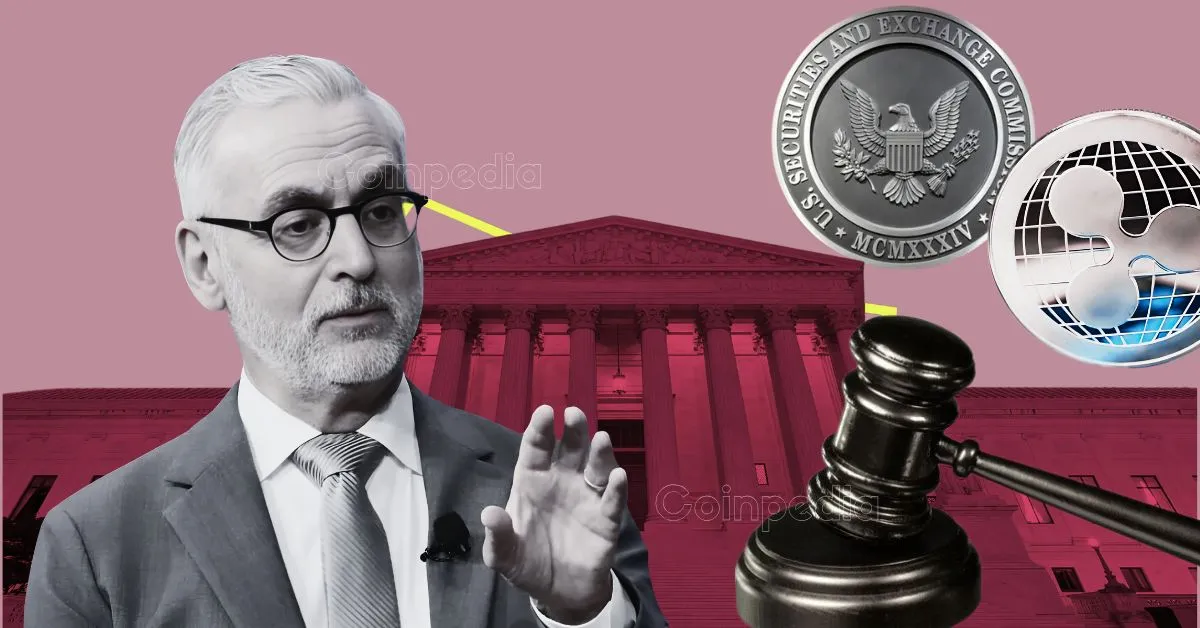Trump Administration Considers Crypto as Federal Mortgage Asset

In a landmark shift for the U.S. housing finance system, the Federal Housing Finance Agency (FHFA) has issued a directive ordering government-sponsored enterprises (GSEs) Fannie Mae and Freddie Mac to formally consider cryptocurrency as an asset in single-family mortgage loan risk assessments. This significant move, signed by FHFA Director Bill Pulte on Wednesday, signals a new era of crypto integration into the core of American home lending, aligning with President Donald Trump's stated vision to establish the United States as the global crypto capital.
The directive instructs both housing finance giants to develop proposals that incorporate digital assets without requiring borrowers to liquidate them into U.S. dollars prior to loan closing. Historically, cryptocurrency has been largely excluded from traditional underwriting frameworks due to its inherent volatility, regulatory uncertainties, and challenges in easily verifying reserves. This new order directly addresses and changes that long-standing exclusion, acknowledging crypto's growing role in household financial portfolios as an emerging asset class that may offer an opportunity to build wealth outside conventional stock and bond markets.
However, the directive imposes strict conditions: only digital assets stored on U.S.-regulated, centralized exchanges that can be clearly evidenced will be considered. Furthermore, Fannie Mae and Freddie Mac are mandated to develop internal adjustments to account for crypto's market volatility and ensure that any risk-weighted reserves comprised of crypto do not compromise existing underwriting standards. Both enterprises must submit their assessment proposals for their respective boards of directors' approval and subsequent final review by the FHFA.
The FHFA's decision, which placed Fannie Mae and Freddie Mac under government control in September 2008, arrives amidst a broader trend of increasing institutional embrace of cryptocurrency across banking, payments, and federal policy. Key figures within the digital asset industry have widely celebrated the FHFA's move. Strategy founder Michael Saylor lauded it as a “defining moment for institutional BTC adoption and collateral recognition,” proclaiming it a “truly historic day” that the U.S. mortgage industry will lead, with the global banking system poised to follow. Similarly, blockchain real estate company Propy characterized the directive as a “huge step forward for crypto adoption in real estate,” noting that “regulators are moving” and “markets are watching.” With over 55 million Americans owning digital assets, this directive could significantly pave the way for cryptocurrency to play a mainstream role in facilitating access to homeownership.












